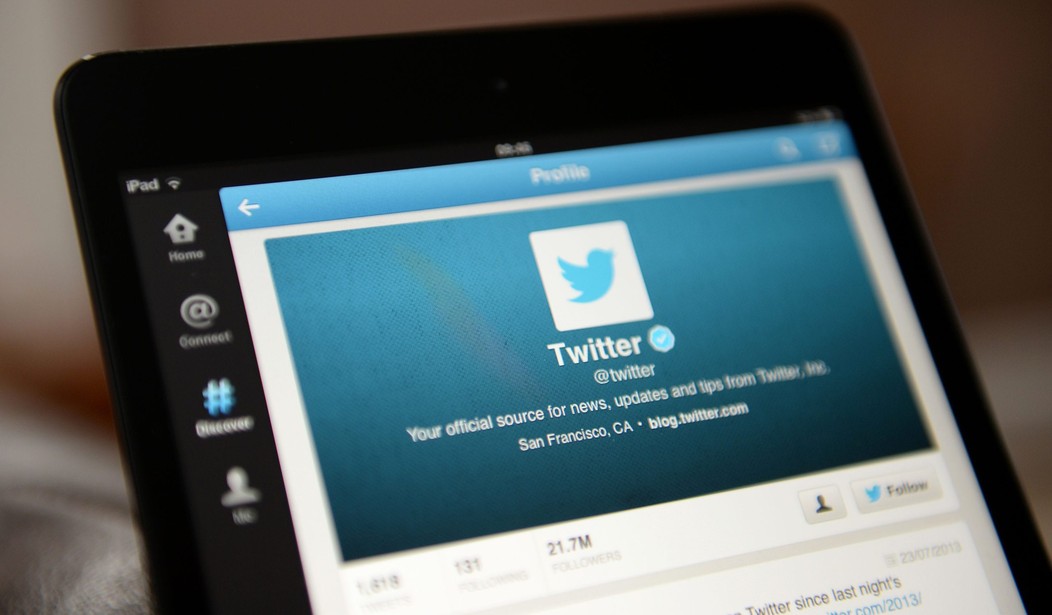A new report from press freedom group Reporters Without Borders (RSF) found that threats and insults on social media intended to intimidate journalists into silence are on the rise, but said more research is needed into the puppetmasters of coordinated trolling campaigns.
The report, “Online Harassment of Journalists: The Trolls Attack,” studied harassment in 32 countries, aiming to delve into campaigns orchestrated by authoritarian regimes such as China, Turkey and Iran.
Researchers found that there are three stages of attacks: Disinformation, in which “journalistic content on social networks is drowned in a flood of fake news and pro-government content”; amplification, in which “the impact of pro-government content is artificially enhanced by commentators who are paid by the government to post messages on social networks or by bots, computer programs that automatically generate posts”; and intimidation, in which “journalists are personally targeted, insulted and threatened, in order to discredit them and reduce them to silence.”
“These aggressive cyberharassment campaigns are also waged by communities of individuals or political groups in supposedly democratic countries such as Mexico, and even in countries that are ranked at the top of the World Press Freedom Index such as Sweden and Finland,” RSF said.
Harassment often led to journalists’ self-censorship, the report found. Women journalists are harassed more often, frequently with “sexual and degrading” comments or imagery; two-thirds have reported harassment connected to their job, and a quarter of that harassment occurred online.
“Online harassment is a phenomenon that is spreading throughout the world and now constitutes one of the gravest threats to press freedom,” RSF secretary-general Christophe Deloire said in a statement. “We have discovered that information wars are not just waged between countries at the international level. Journalism’s predators also deploy troll armies to hunt down and harass all those who investigate and report the facts honestly. These despots let their mercenaries train their guns on journalists on the virtual terrain as others do in actual war zones.”
The editor of a French media outlet told RSF that online harassment changed patterns. “It used to be the news organizations that were attacked but now it is the journalists themselves as individuals,” the editor said.
“On the web, a troll generates polemics. Trolling consists of posting messages with the aim of sparking a conflictive debate. Who are these cyberharassers? Their identity is hard to establish,” says the report. “Decoding these harassment campaigns requires studying dozens of accounts as well as interactions between them, thereby strengthening research efforts on these new digital threats. Still, a line can be drawn between communities of individuals and political trolls, who may or may not be paid by governments.”
In China, “those who denigrate the Communist Party or the policies of President Xi Jinping are targeted by ‘data warriors’ mobilized for the online defense of the president’s ‘red and positive’ new order.” This includes targeting non-Chinese journalists outside of the country.
In Turkey, the troll army’s goal is “to identify online influencers, especially opposition media, in order to inflict greater damage on the credibility of journalists who report critically on the authorities.” A favorite tactic is to hijack journalists’ accounts “in order to publish fake posts expressing regret for having criticized the government.” In Algeria, hackers are hired to attack the Facebook pages of those deemed to be government opponents.
Troll organizers include not only governments, the report noted, but sometimes private companies and terrorist groups.
The RSF report recommends strengthening laws authorizing prosecution for online harassment of journalists and strengthening the responsibility of online platforms in regard to content shared on their networks.
“Online platforms must not be given the power to control or censor this content,” said the report. “The system of platform responsibility must be linked to the effects of their activities on the quality of public debate. Governments must likewise strengthen requirements on platforms, especially concerning the transparency of their curation algorithms, as well as the extent to which their moderation policies are consistent with freedom of expression and freedom of information.”









Join the conversation as a VIP Member